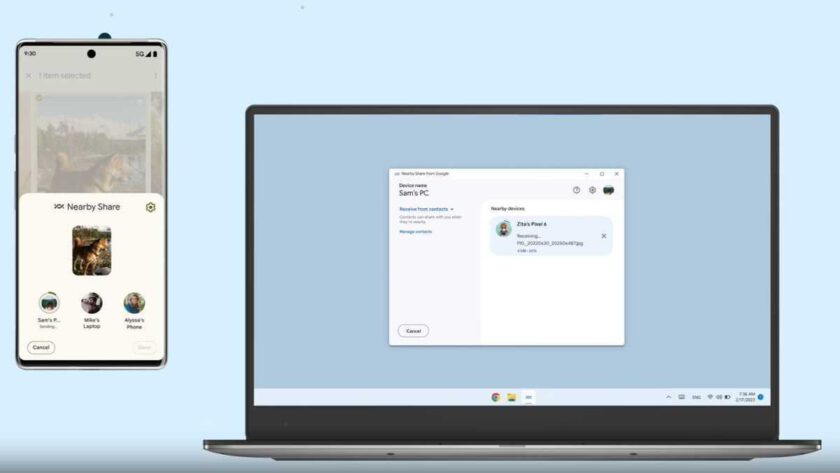Covid-19 is reminding workers that the digital economy is one that best absorbs the shocks of any disease that discourages physical contact and social grouping.
The novel coronavirus that first appeared in mainland China has now spread across the world, with more than 82,000 reported cases and nearly 3,000 deaths, as of Thursday. And right alongside the outbreak is the deployment of myriad types of AI-powered tech that is now being put on full display.
Economies are at a standstill, with key sectors under serious existential threats of extinction. It is feared the virus will bankrupt more people than it kills, as it brings down a number of economies.
What to do? With most nations under either a full or partial lockdown to help contain the virus, governments are calling on people to embrace technology to keep key sectors in operation as monitoring of the disease continues.
While it is hard for data analysts to predict exactly when the disease will disappear, especially in Africa, practicing e-learning, telemedicine, videoconferencing, shopping via e-commerce, using digital payments, live-streaming religious services, using robotics in manufacturing and working remotely are some of the remedies in a period of economic lockdown. Unfortunately, African countries are lagging behind on this aspect of operations. However, a section of firms and institutions have embraced technology and will fare far better than those who have been slow to adopt the digital space.
Some tech options for remote work:
Video Calls with Zoom, Skype.
On the tech front, video calls can make a remote work day feel more connected. Accounts are free for the basic plan, if your company does not already have a corporate one. Some folks still swear by Skype.
Collaboration with Slack
Lots of telecommuters, remote work types tell me they like Slack, which brings together messaging, and a single place for files, attachments.
Google Docs and Sheets
My preferred method these days may appear a bit clunky, but I use Google Docs or Sheets and let people collaborate.
WordPress P2
Matt Mullenweg, founder of WordPress, built and has a free, group collaborative space called P2. It’s free and can be hosted on WordPress or self-hosted (meaning you have your own blog hosted, say, at Bluehost, and you want to collaborate with others — you can download the theme and install it).




